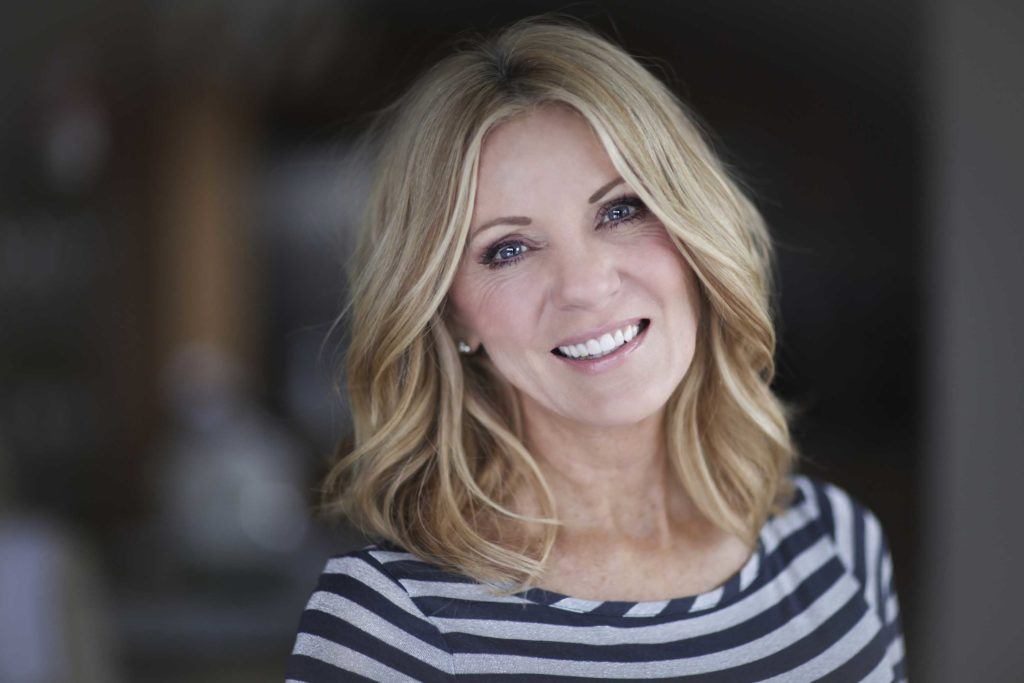
One of the great things about life is we almost always get second chances, including the chance to develop healthy habits. While good health in youth is ideal, there are many of us who choose unhealthy habits in our younger years, such as a poor diet, poor sleep habits, and overindulgence in drugs and alcohol. As we enter middle age, we develop wisdom and experience, and grow to know ourselves better. We also start to feel the effects of those unhealthy choices, such as unhealthy weight gain, insomnia, joint pain and stiffness, hormonal imbalances such as heavy periods, PMS, migraines, and high stress hormones, digestive disturbances, depression and anxiety, and the onset of autoimmune diseases.
Women have two choices: to chalk these symptoms up to “getting old”, or see them as a challenge and an opportunity to heal ourselves, and create new, healthier patterns. These new habits can carry us forward, into a healthier, happier and more active second half of life, a true “golden age”.
There are no end of resources to help us develop healthy habits, but which ones are the most important? In my ten years as a Naturopathic Doctor, working with hundreds of patients, certain choices at midlife have emerged as most supportive of better health.
1. Prevention is key!
Address any current health problems as early as possible. Commonly, in our
 forties, we start to experience the first symptoms of ill-health, often mild. Left alone, these symptoms increase until we seek help, sometimes when we can no longer ignore it. Instead, seek out a health review from a qualified health professional such as a Naturopathic Doctor while symptoms are mild. I recommend everyone celebrate their 40
th
birthday by getting a complete physical and blood work done, to be used to assess current health and provide a baseline for future comparison.
forties, we start to experience the first symptoms of ill-health, often mild. Left alone, these symptoms increase until we seek help, sometimes when we can no longer ignore it. Instead, seek out a health review from a qualified health professional such as a Naturopathic Doctor while symptoms are mild. I recommend everyone celebrate their 40
th
birthday by getting a complete physical and blood work done, to be used to assess current health and provide a baseline for future comparison.
2. Adopt a plant-based diet, with limited or no meat. There are several reasons why this choice makes sense. As our digestive systems age, stomach acid and digestive enzyme production tends to decrease. This makes meat more difficult to digest and absorb, leading to fermentation and dysbiosis (unhealthy gut bacteria). In addition, increased levels of oxidative stress over time require increased levels of antioxidants, found in fruits and vegetables, to prevent free radical damage to cells, tissues and DNA. Plant-based diets help the liver detoxify excess estrogen and other hormones, and provide phyto-estrogens to ease menopausal symptoms. Plants provide fibre and other prebiotic substances to our gut microflora, which work hard on our behalf to eliminate toxins, digestive discomfort, excess cholesterol and estrogen, and prevent digestive cancers. Vegetarian diets are associated with lower risks of cancer and heart disease, and reduce the risk of dementia. I don’t think vegetarian diets work for everyone, however, due to genetic variability. For those who need some animal protein for maximum health, cold water, mercury-free fish, free-range, organic, and grass-fed meats raised humanely are the optimum choice, and with those meats costing more than commercially-raised ones, small amounts are all most people can afford. I suggest an 80% plant/ 20% meat food intake for meat eaters.
3. Adopt a regular exercise routine that incorporates cardiovascular, strength and flexibility elements. Exercise is crucial to healthy aging, for too many reasons to list here. Some important ones are
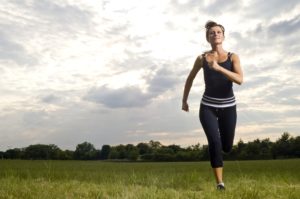
preventing muscle loss, exercising the heart, increasing oxygenation to the brain, maintaining flexibility and function, preventing falls and poor balance, reducing depression and anxiety, improving symptoms of diseases like arthritis and Parkinson’s. While injury becomes more possible as we age, endurance also increases. Because we know ourselves better as we age, we can find any number of exercise routines that suit the criteria, but also increase our enjoyment and pleasure in life. Listening to our bodies is also important and it is in exercise that we “hear” it most loudly. Be proactive in attending to sprains, strains and other injuries, seeking out relevant health professionals to help you refine and improve your favorite exercise routine.
4. Get enough sleep at the right time.
Sleep is the only time we heal, flush our lymph, including the lymphatic system of the brain, and produce the majority of adult Human Growth Hormone, the “anti-aging” hormone. There is an insom
 nia epidemic in North America, with 1 in 7 Canadians having trouble falling asleep and staying asleep. In addition, approximately 25% of people working, work shift work, which disrupts healthy sleep and increases many health problems. Medications, overwork, “screen-time” and menopause all contribute to poor sleep in middle age, and the longer insomnia occurs, the harder it is to fix. Good “sleep hygiene” is critical and should be a priority for anyone sleeping less than 7 hours a night.
nia epidemic in North America, with 1 in 7 Canadians having trouble falling asleep and staying asleep. In addition, approximately 25% of people working, work shift work, which disrupts healthy sleep and increases many health problems. Medications, overwork, “screen-time” and menopause all contribute to poor sleep in middle age, and the longer insomnia occurs, the harder it is to fix. Good “sleep hygiene” is critical and should be a priority for anyone sleeping less than 7 hours a night.
5. Know yourself, but don’t get stuck in your ways!
For many women, midlife is a challenging time. Family demands from both children and aging parents, burgeoning careers, changing social status due to
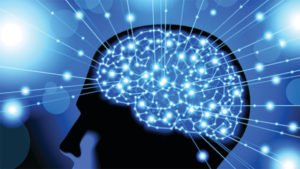 ageism and sexism, and the hormonal changes of perimenopause and menopause create a complex path to navigate. But it can also be an exciting and rich period in a woman’s life. Our brains have neuroplasticity; the ability to make new neural connections throughout life, and pruning connections, such as beliefs, that no longer serve us. This is why continuing to be active intellectually, socially, politically, and creatively, is associated with not only long life, but long happy life. And don’t you deserve a long and happy life?
ageism and sexism, and the hormonal changes of perimenopause and menopause create a complex path to navigate. But it can also be an exciting and rich period in a woman’s life. Our brains have neuroplasticity; the ability to make new neural connections throughout life, and pruning connections, such as beliefs, that no longer serve us. This is why continuing to be active intellectually, socially, politically, and creatively, is associated with not only long life, but long happy life. And don’t you deserve a long and happy life?
Dr. Rebecca is available for consultations. Click here to book an appointment.
About the author
Dr. Handford graduated from the Boucher Institute of Naturopathic Medicine in 2007 after her previous work in counselling and administration for several the non-profit organizations. Her unique background has given her the opportunity to meet people from all walks of life and communities, and she believes that everyone can benefit from the healing power of nature.

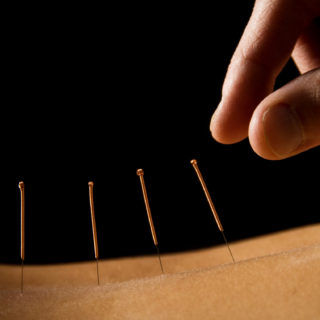



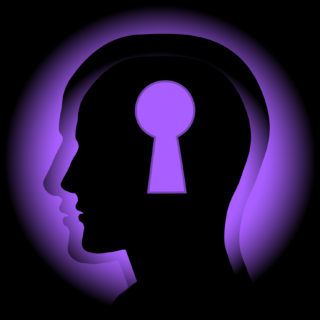
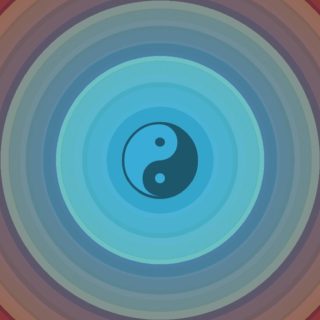

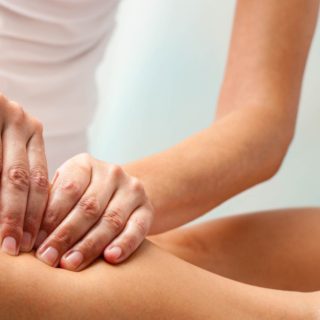
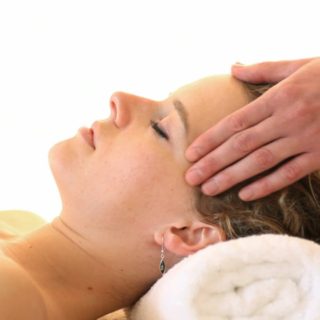



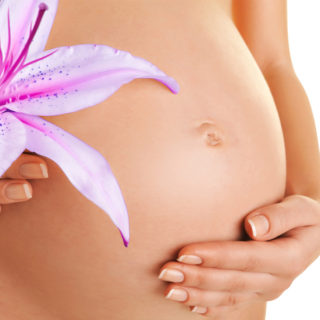
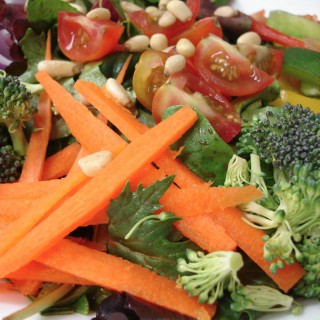
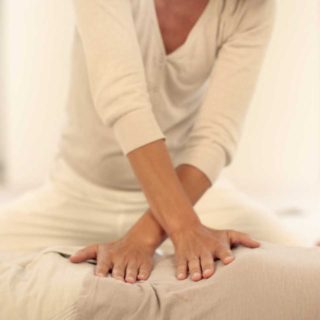


No Comments
Be the first to start a conversation